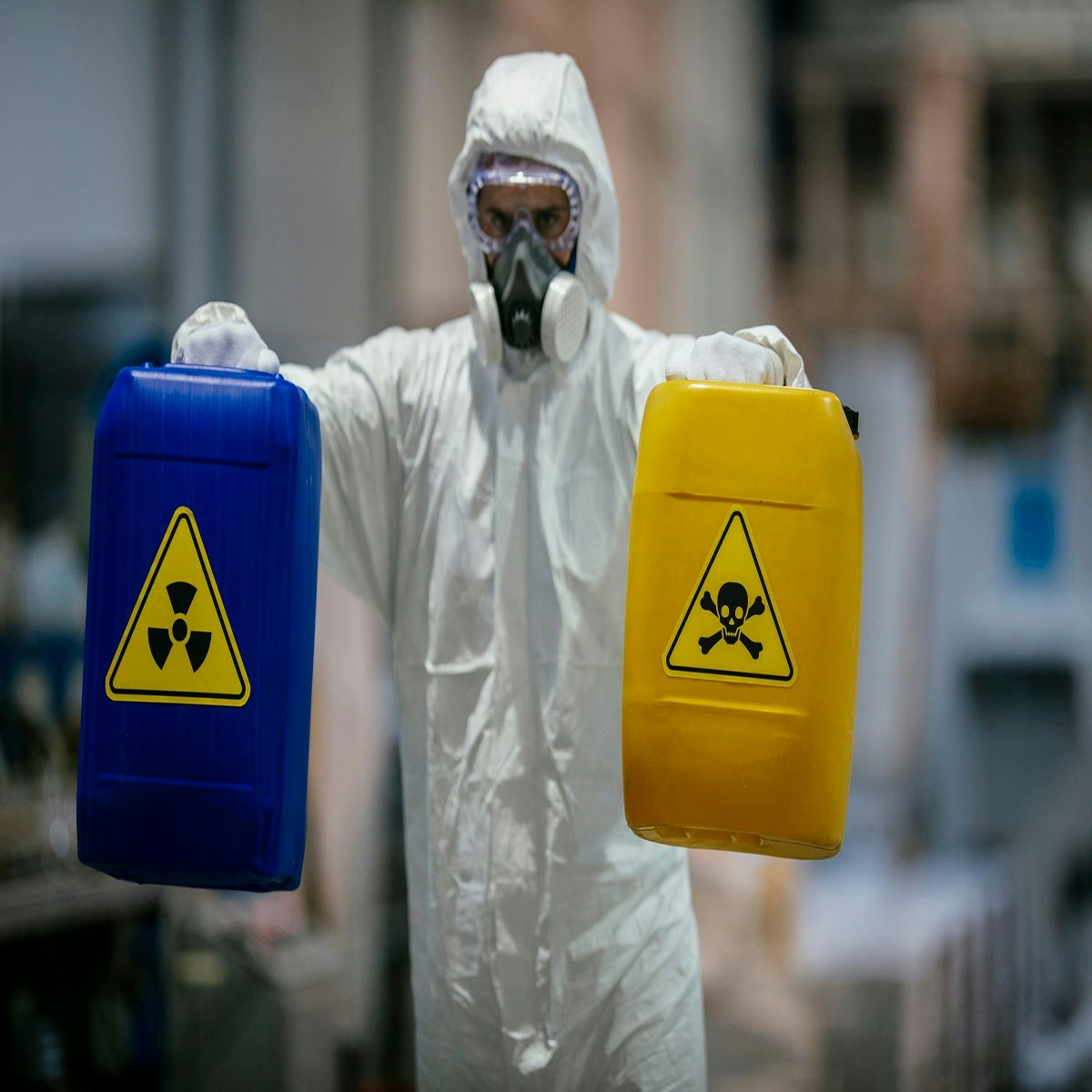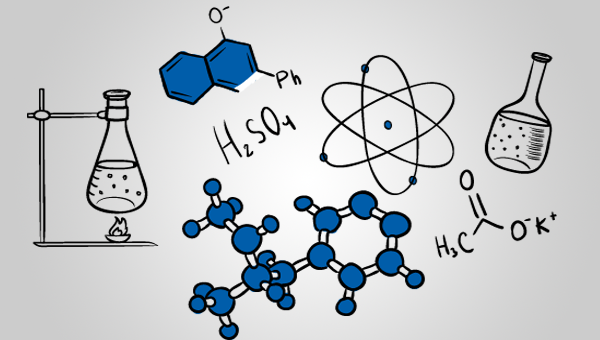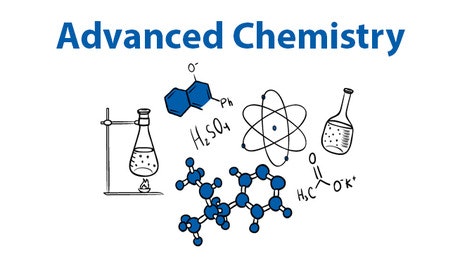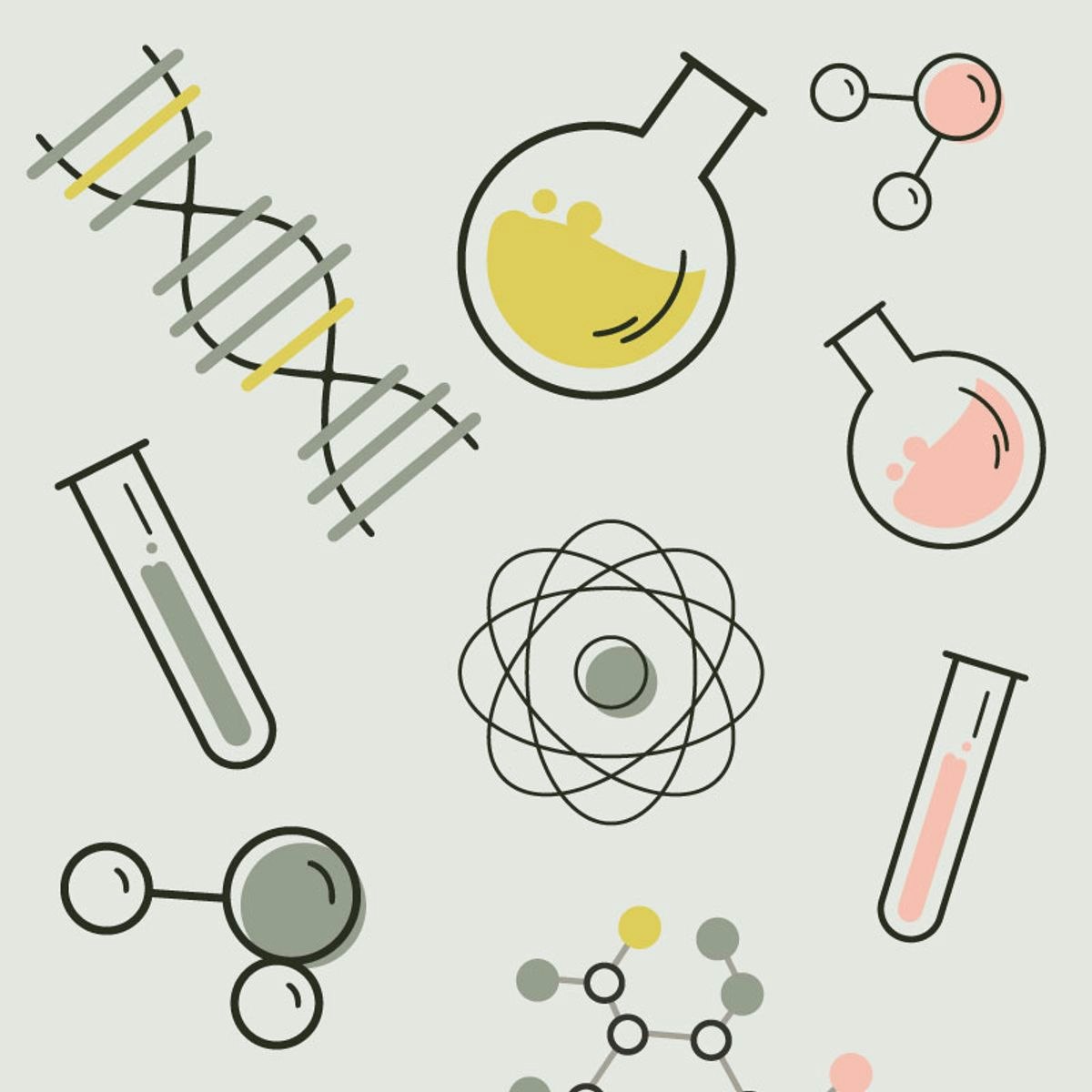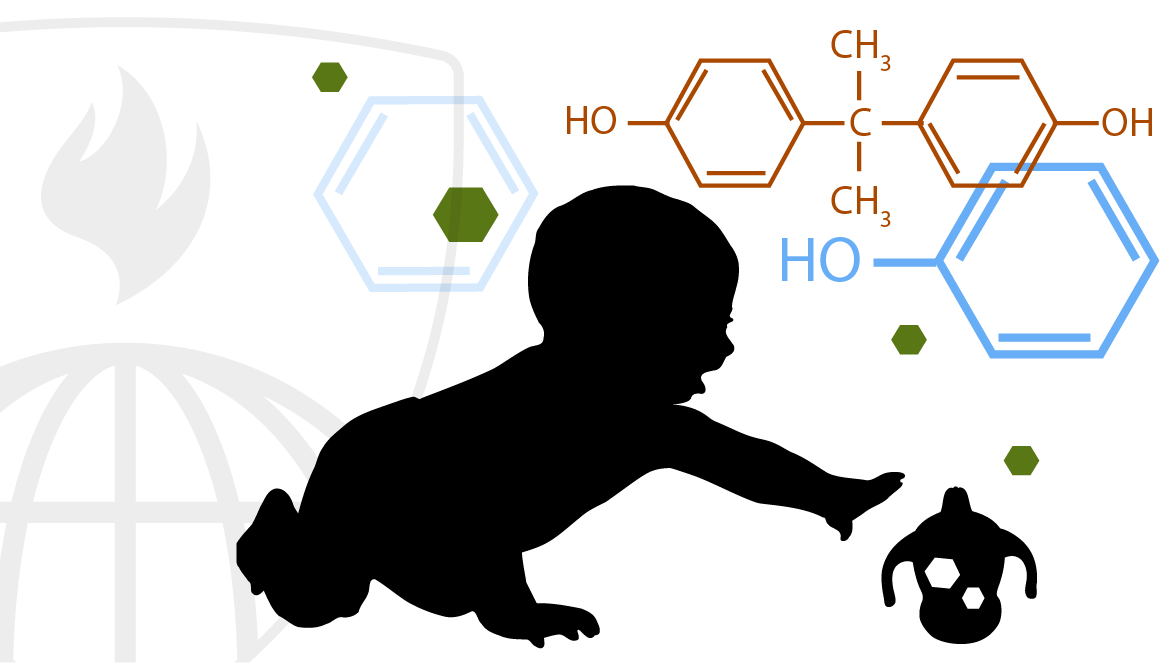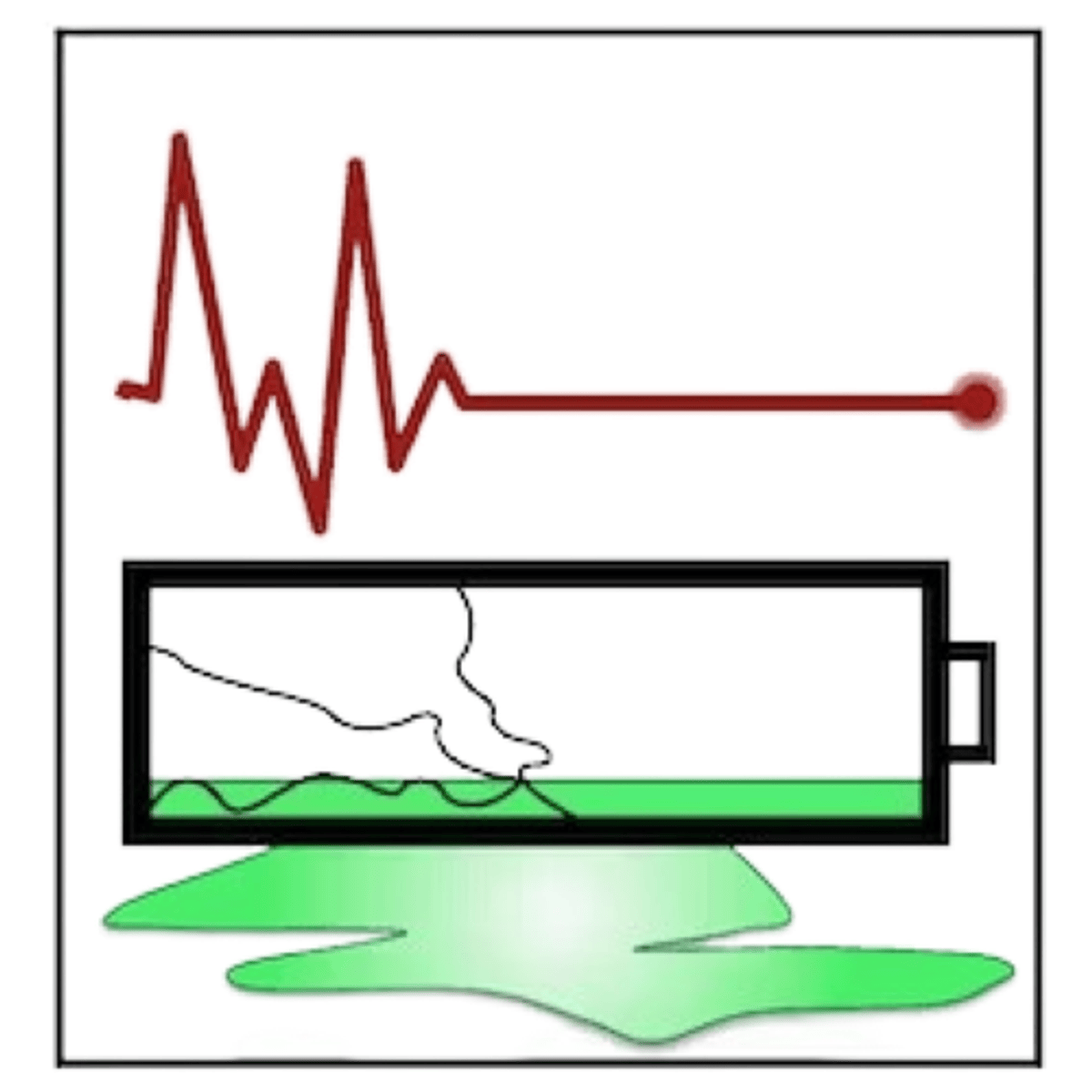Chemist
A Career Guide to Becoming a Chemist
Chemistry is the scientific discipline dedicated to studying matter and its properties, as well as how matter changes. Chemists explore the composition, structure, properties, and reactions of substances at an atomic and molecular level. They are the architects of the material world, manipulating atoms and molecules to create new substances, understand complex processes, and solve critical problems facing society.
Working as a chemist can be incredibly rewarding. Imagine developing a life-saving drug, creating a novel material for sustainable energy, or ensuring the safety of our food and water supply. Chemists play vital roles in innovation across countless fields, contributing to advancements that shape our daily lives and future. The intellectual challenge of unraveling molecular mysteries and the practical impact of their work make chemistry a deeply engaging profession.
What Does a Chemist Do?
Chemists study substances at the atomic and molecular levels, analyzing how they interact with one another. They apply their knowledge to develop new products, improve existing ones, and monitor substances to ensure safety and quality. Their work often involves a blend of theoretical understanding, experimental design, and careful analysis.
Defining the Role: More Than Just Lab Coats
While laboratory work is central for many chemists, the role encompasses much more. Chemists design and conduct experiments, analyze results using sophisticated instruments, and interpret data to draw conclusions. They might synthesize new compounds, test materials for specific properties, or develop analytical methods to detect trace substances.
Different types of chemists focus on specific areas. Analytical chemists identify substances and measure their quantities, crucial for quality control and environmental monitoring. Organic chemists study carbon-based compounds, vital for pharmaceuticals and plastics. Physical chemists explore the fundamental principles governing chemical systems, often using theoretical modeling and advanced instrumentation. Inorganic chemists work with non-carbon compounds, important in materials science and catalysis. Industrial chemists apply chemical principles to large-scale manufacturing processes.
Regardless of specialization, communication is key. Chemists document their findings meticulously in reports, publish research in scientific journals, and present results to colleagues, clients, or regulatory bodies. Collaboration with scientists from other disciplines, such as biologists, physicists, and engineers, is also increasingly common.
Understanding the different facets of chemistry helps clarify the diverse career paths available within the field.
A Brief History and Impact
Modern chemistry evolved from ancient practices like alchemy, metallurgy, and medicine. Over centuries, figures like Antoine Lavoisier, Dmitri Mendeleev, and Marie Curie laid the groundwork with fundamental discoveries about elements, compounds, and reactions. The development of quantum mechanics in the 20th century revolutionized our understanding of chemical bonding and molecular behavior.
The impact of chemistry on society is immense. Chemists have been instrumental in developing fertilizers that boost food production, creating polymers for clothing and construction, and designing pharmaceuticals that combat disease. They are also at the forefront of addressing environmental challenges, working on renewable energy sources, pollution control, and sustainable materials.
From the medicines we take to the clean water we drink and the technology we use, chemistry underpins countless aspects of modern life. Understanding this historical context and societal relevance provides a deeper appreciation for the chemist's role.
Core Responsibilities of a Chemist
The day-to-day activities of a chemist vary depending on their specific role, industry, and level of experience. However, several core responsibilities are common across the profession, often blending laboratory work, data analysis, and communication.
Experimentation and Analysis in the Lab
A significant portion of many chemists' time is spent in the laboratory. This involves designing experiments to test hypotheses, synthesizing new molecules, or analyzing the composition of samples. Chemists use a wide array of techniques and instruments, such as spectroscopy, chromatography, and titration, requiring precision and attention to detail.
They meticulously record observations, measurements, and procedures in lab notebooks or electronic systems. Data analysis follows, often involving statistical methods and specialized software to interpret results. This experimental cycle of planning, execution, and analysis is fundamental to advancing chemical knowledge and developing applications.
These foundational courses provide an introduction to the core concepts and calculations essential for laboratory work and understanding chemical reactions.
Developing New Materials and Products
Chemists are innovators, often working to create new materials or products with desired properties. This could involve designing novel polymers for advanced manufacturing, formulating new drugs in the pharmaceutical industry, or developing catalysts to make industrial processes more efficient and sustainable.
This development process requires creativity, a deep understanding of chemical principles, and iterative experimentation. Chemists might use computational modeling to predict molecular behavior before attempting synthesis in the lab. They collaborate with engineers and material scientists to scale up production and ensure the final product meets specifications.
The drive to discover and create fuels much of the excitement in chemistry, leading to tangible advancements in technology, medicine, and consumer goods.
Ensuring Safety and Regulatory Compliance
Safety is paramount in chemistry due to the potential hazards associated with many chemicals and processes. Chemists are responsible for understanding and adhering to strict safety protocols, including the proper handling, storage, and disposal of hazardous materials. They conduct risk assessments and implement measures to protect themselves, their colleagues, and the environment.
Furthermore, chemists often play a role in ensuring products and processes comply with government regulations (like those set by the EPA or FDA). This involves rigorous testing, documentation, and quality control to meet standards for safety, efficacy, and environmental impact. This responsibility underscores the ethical dimension of the profession.
Understanding these responsibilities is crucial for maintaining a safe working environment and producing trustworthy results and products.
Collaboration Across Disciplines
Modern scientific challenges rarely fit neatly into one discipline. Chemists frequently collaborate with professionals from various fields, including biology, physics, medicine, engineering, and computer science. This interdisciplinary approach is essential for tackling complex problems like developing new therapies, designing advanced materials, or understanding environmental systems.
Effective collaboration requires strong communication skills, the ability to understand different perspectives, and a willingness to work towards shared goals. Chemists might contribute their expertise in molecular analysis to a biology project or work with engineers to design a chemical manufacturing plant.
This collaborative aspect makes chemistry a dynamic field, constantly interacting with and contributing to advancements in other scientific and technical areas.
Formal Education Pathways for Aspiring Chemists
A strong educational foundation is essential for a career in chemistry. The path typically involves rigorous coursework in science and mathematics, extensive laboratory experience, and often, advanced degrees for specialized roles or research positions.
High School Foundations
Aspiring chemists should focus on building a solid base in science and mathematics during high school. Courses in chemistry, physics, biology, and calculus are crucial. Developing strong analytical and problem-solving skills is equally important.
Participating in science fairs, joining science clubs, or seeking opportunities for introductory lab experience can provide valuable exposure and confirm interest in the field. These early experiences help build foundational knowledge and practical skills necessary for success in university-level chemistry programs.
While challenging, this preparation lays the groundwork for the more advanced concepts encountered later.
Undergraduate Studies: The Bachelor's Degree
A Bachelor of Science (BSc) degree in chemistry is the typical starting point for a career as a chemist. Undergraduate programs cover core areas like general, organic, inorganic, physical, and analytical chemistry. Significant laboratory work is integral, developing practical skills in synthesis, analysis, and instrumentation.
Many programs also require courses in physics, mathematics (including calculus and differential equations), and sometimes computer science. Choosing a program accredited by a professional body, such as the American Chemical Society (ACS) in the United States, can be advantageous as it signifies a comprehensive and high-quality curriculum.
Some students opt for related degrees like chemical engineering, biochemistry, or materials science, which also provide strong foundations and overlapping career opportunities. Explore different program options on platforms like OpenCourser to find the best fit.
These foundational texts cover the breadth of undergraduate chemistry and are standard references in many university programs.
Graduate Studies: Master's and PhD
While a bachelor's degree is sufficient for many entry-level positions (like lab technicians or quality control chemists), a graduate degree (Master's or PhD) is often required for research roles, university teaching, and higher-level positions in industry.
A Master's degree typically involves advanced coursework and sometimes a research thesis, deepening expertise in a specific area. A PhD is a research-intensive degree, culminating in a dissertation that represents an original contribution to the field. PhD programs train students to become independent researchers, capable of designing and leading complex projects.
Choosing a specialization occurs at the graduate level. Common areas include organic synthesis, materials chemistry, computational chemistry, biochemistry, analytical chemistry, and physical chemistry. The choice of specialization often dictates future career paths.
These advanced texts delve into specific areas often covered in graduate studies, providing deeper theoretical understanding.
Online and Self-Directed Learning for Chemistry Careers
While traditional university education remains the primary path for chemists, online learning offers valuable opportunities for supplementing knowledge, exploring specific topics, and even building foundational understanding, particularly for those considering a career change or seeking professional development.
Building Foundational Knowledge Online
Online courses can be an excellent way to grasp the fundamental concepts of chemistry. Platforms offer courses covering general, organic, and physical chemistry principles, often taught by university professors. These can be particularly useful for individuals exploring the field, refreshing knowledge, or preparing for formal studies.
The structured format, video lectures, and interactive exercises provided by many online courses facilitate self-paced learning. While online learning cannot replace the hands-on laboratory experience crucial for chemists, it provides a strong theoretical base. Websites like OpenCourser's Science section aggregate numerous options from various providers.
For those new to the subject or needing a comprehensive overview, these courses offer accessible starting points.
Remember that self-discipline is key for success in online learning. The OpenCourser Learner's Guide offers tips on staying motivated and structuring your self-study.
Supplementing Skills and Exploring Specializations
Online resources extend beyond introductory topics. Professionals can find courses on specialized techniques (like specific types of spectroscopy or chromatography), computational chemistry software, or emerging fields like nanotechnology or green chemistry. These can help chemists stay current or acquire new skills relevant to their roles.
For students, online courses can supplement formal education by providing alternative explanations or deeper dives into specific subjects. They can also offer exposure to topics not covered in their university's curriculum. However, it's important to recognize the limitations regarding practical lab skills.
Some programs may offer hybrid formats or virtual lab simulations, but these often cannot fully replicate the experience of working with real chemicals and equipment. Hands-on experience typically requires access to a physical laboratory, often gained through internships, university labs, or specific training programs.
Independent Projects and Demonstrating Initiative
Engaging in independent projects can be a powerful way to apply learned concepts and demonstrate initiative, especially for those relying heavily on self-directed learning. This might involve using open-source software for chemical modeling (chemical modeling), analyzing publicly available datasets related to chemical properties or environmental monitoring, or even carefully designed home-based experiments (focusing on safe, simple chemistry).
Contributing to open-source scientific software projects or participating in online science communities can also showcase skills and passion. Documenting these projects clearly can strengthen a resume or application, showing practical application of knowledge beyond formal coursework.
While challenging, pursuing independent work demonstrates problem-solving abilities and a proactive approach to learning, qualities valued by employers and academic institutions.
Certifications vs. Formal Degrees
Online platforms often offer certificates upon course completion. While these can demonstrate completion of specific training and look good on a resume or LinkedIn profile, they generally do not substitute for a formal degree (BSc, MSc, PhD) in the eyes of most employers for core chemist roles.
Formal degrees involve comprehensive curricula, rigorous assessment, and crucially, extensive hands-on laboratory training and research experience (especially at the graduate level) that are difficult to replicate fully online. Accreditation also plays a significant role in validating the quality of a degree program.
Certificates are best viewed as supplemental credentials, useful for demonstrating specific skills (e.g., proficiency in a particular software or analytical technique) or continuing professional development, rather than as primary qualifications for becoming a chemist.
Career Progression and Entry-Level Opportunities
Embarking on a chemistry career involves distinct stages, from initial training and entry-level roles to mid-career advancement and potential specialization or transitions into related fields. Understanding this trajectory helps set realistic expectations.
Internships, Co-ops, and Entry-Level Roles
Gaining practical experience during undergraduate studies is highly beneficial. Internships or co-operative education (co-op) programs provide invaluable hands-on experience in industrial, government, or academic labs. These opportunities allow students to apply classroom knowledge, learn specific techniques, understand workplace dynamics, and build professional networks.
Entry-level positions for those with a bachelor's degree often include roles like laboratory technician, quality control analyst, or research assistant. These positions typically involve performing routine analyses, assisting senior chemists with experiments, maintaining equipment, and documenting results.
These roles provide essential practical training and a foundation for future advancement. They offer a chance to learn specific industry practices and demonstrate competence in a professional setting.
Mid-Career Advancement
With experience and often further education (like a Master's or PhD), chemists can advance to more senior roles. Titles might include Chemist, Senior Chemist, Research Scientist, or Project Lead. Responsibilities often shift towards greater independence, including designing experiments, interpreting complex data, managing projects, mentoring junior staff, and contributing to research strategy.
Specialization becomes more pronounced at this stage. Chemists might become experts in a particular analytical technique, synthetic methodology, or application area. Strong technical skills combined with effective communication, problem-solving, and leadership abilities are key to progressing to these levels.
Continuous learning, staying abreast of scientific advancements, and potentially publishing research or presenting at conferences contribute to career growth.
Transitioning to Adjacent Fields
The rigorous training and analytical skills developed by chemists open doors to various adjacent fields. Some chemists transition into roles that leverage their scientific background but move beyond the traditional lab setting.
Examples include patent law (requiring legal training), where chemists help protect intellectual property related to chemical inventions. Science communication or technical writing allows chemists to explain complex scientific concepts to broader audiences. Technical sales and marketing roles involve promoting and selling chemical products or instruments.
Other potential paths include regulatory affairs, ensuring compliance with safety and environmental laws, or moving into management roles overseeing research teams or production facilities. This versatility provides chemists with diverse long-term career options.
Industries Employing Chemists
Chemists are employed across a wide spectrum of industries, reflecting the fundamental nature of the discipline. Their skills are essential for innovation, quality control, safety, and production in numerous sectors of the economy.
Pharmaceuticals and Healthcare
The pharmaceutical industry is a major employer of chemists, particularly those specializing in organic and medicinal chemistry. Chemists in this sector work on discovering, developing, and synthesizing new drug candidates. They also play roles in process chemistry (scaling up drug production), analytical chemistry (ensuring drug purity and stability), and formulation science (developing drug delivery systems).
Related healthcare areas, such as biotechnology companies and medical device manufacturers, also employ chemists for research, development, and quality assurance. The focus is on applying chemical principles to biological systems and medical applications.
Environmental Science and Sustainability
Chemists are crucial in addressing environmental challenges. Environmental chemists analyze air, water, and soil samples to monitor pollution levels and identify contaminants. They develop methods for remediation and pollution control, study the fate of chemicals in the environment, and contribute to environmental impact assessments.
The growing focus on sustainability and green chemistry creates opportunities for chemists to design environmentally benign chemical processes and products, contributing to a more sustainable future. This includes work on biodegradable materials, safer solvents, and waste reduction strategies.
Energy Sector
The energy sector employs chemists in both traditional and renewable energy fields. In the petrochemical industry, chemists work on refining crude oil, developing fuels and lubricants, and creating petrochemical-based materials like plastics. They focus on process optimization, quality control, and developing new catalysts.
In the renewable energy sector, chemists contribute to developing and improving technologies like batteries, solar cells, and fuel cells. Materials chemists, physical chemists, and electrochemists play key roles in designing materials with specific energy storage or conversion properties.
Government and Regulatory Agencies
Government agencies at local, state, and federal levels employ chemists in various capacities. Regulatory bodies like the Environmental Protection Agency (EPA) and the Food and Drug Administration (FDA) require chemists for setting standards, monitoring compliance, and conducting research related to public health and environmental safety.
National laboratories and research institutions employ chemists to conduct fundamental and applied research in areas relevant to national security, energy, health, and environmental protection. Forensic chemists work in crime labs, analyzing evidence collected from crime scenes.
These roles often involve ensuring public safety, developing policy based on scientific evidence, and conducting research in the public interest.
Essential Skills and Tools for Modern Chemists
Success as a chemist requires a blend of strong technical expertise, proficiency with modern tools, and well-developed soft skills. The field is constantly evolving, demanding continuous learning and adaptability.
Technical Laboratory Skills
Mastery of laboratory techniques is fundamental. This includes wet chemistry skills like titration, distillation, and synthesis, as well as proficiency with analytical instrumentation. Key techniques often include spectroscopy (UV-Vis, IR, NMR, Mass Spectrometry) and chromatography (GC, HPLC), used for identifying and quantifying substances.
Precision, meticulous record-keeping, and the ability to troubleshoot experiments are critical. Understanding the principles behind these techniques, not just how to operate the instruments, allows for effective data interpretation and method development.
Software and Computational Tools
Modern chemistry increasingly relies on software and computational methods. Chemists use software for data analysis, statistical interpretation, instrument control, and database searching (e.g., chemical structure databases). Proficiency with spreadsheets and potentially statistical packages (R, Python) is often necessary.
Computational chemistry uses software to model molecular structures, predict properties, and simulate reactions (molecular dynamics, quantum chemistry calculations). This requires specialized software and programming skills, becoming a distinct subfield but also a tool used by experimental chemists.
Familiarity with chemical drawing software (like ChemDraw) and electronic lab notebooks (ELNs) is also standard in many settings.
Soft Skills: Beyond the Bench
Technical skills alone are insufficient. Strong problem-solving abilities are essential for tackling complex chemical challenges and interpreting unexpected experimental results. Critical thinking is needed to evaluate data, design experiments, and draw sound conclusions.
Communication skills, both written and verbal, are vital for documenting work, writing reports, publishing papers, presenting findings, and collaborating effectively with colleagues from diverse backgrounds. Attention to detail is crucial for accuracy in measurements, observations, and documentation.
Time management and organizational skills help manage multiple tasks and projects efficiently. Adaptability and a willingness to learn are necessary to keep up with the rapidly evolving field.
Safety and Ethical Decision-Making
A deep commitment to safety is non-negotiable. This involves understanding chemical hazards, using personal protective equipment correctly, following safety protocols rigorously, and managing chemical waste responsibly. Training in laboratory safety is a mandatory part of chemical education and practice.
Ethical considerations are also paramount. This includes maintaining data integrity, ensuring accurate reporting of results, respecting intellectual property, and considering the potential societal and environmental impacts of chemical research and applications.
Chemists must navigate potential ethical dilemmas, such as those related to dual-use technologies (chemicals with both beneficial and harmful applications) or the environmental consequences of industrial processes, with professionalism and integrity.
Ethical and Safety Considerations in Chemistry
The power to manipulate matter at the molecular level comes with significant responsibilities. Chemists must operate with a strong awareness of safety protocols and ethical principles to protect themselves, others, and the environment.
Handling Hazardous Materials Safely
Many chemicals used in laboratories and industry pose potential risks, including toxicity, flammability, reactivity, or corrosivity. Chemists receive extensive training on identifying these hazards through resources like Safety Data Sheets (SDS) and implementing appropriate safety measures.
This includes using fume hoods for volatile substances, wearing appropriate personal protective equipment (gloves, goggles, lab coats), storing chemicals correctly, and knowing emergency procedures. Proper disposal of chemical waste according to regulations is also a critical aspect of laboratory safety to prevent environmental contamination.
A culture of safety, where individuals prioritize safe practices and report concerns, is essential in any chemical environment.
This course focuses specifically on understanding and mitigating chemical hazards.
Environmental Impact of Chemical Processes
Chemical manufacturing and use can have significant environmental consequences, from resource depletion to pollution and climate change. Chemists have an ethical responsibility to consider these impacts and strive for more sustainable practices.
The principles of green chemistry guide efforts to design chemical products and processes that reduce or eliminate the use and generation of hazardous substances. This involves using renewable feedstocks, designing energy-efficient processes, minimizing waste, and creating biodegradable products.
Chemists play a key role in developing solutions for environmental remediation, monitoring pollutants, and creating technologies that support environmental sustainability.
Ethical Dilemmas in Research and Application
Chemists may face ethical dilemmas throughout their careers. These can arise in research, such as ensuring the integrity and unbiased reporting of data, proper attribution of contributions, and responsible use of research funding. Issues around intellectual property and conflicts of interest also require careful navigation.
Broader ethical concerns involve the potential applications of chemical discoveries. For example, research into certain chemicals could have dual-use implications, potentially being exploited for harmful purposes despite peaceful intentions. Chemists must consider the societal implications of their work and engage in discussions about responsible innovation.
Adherence to professional codes of ethics, transparency, and open dialogue are crucial for addressing these complex issues responsibly.
Global Opportunities for Chemists
Chemistry is a global enterprise, with research, development, and industry spanning across continents. This offers opportunities for chemists interested in international careers, collaborations, and experiencing different scientific cultures.
Demand Trends by Region
The demand for chemists varies geographically, influenced by factors like regional economic strengths, investment in research and development, and specific industry concentrations (e.g., pharmaceuticals in some regions, petrochemicals in others). Emerging economies often show growing demand as their industrial and technological sectors expand.
Major research hubs in North America, Europe, and Asia attract chemists from around the world. Multinational corporations often have research and manufacturing sites globally, providing opportunities for international assignments or relocation.
Researching specific country or regional job markets is advisable for those considering an international career path. Professional societies and international organizations often provide resources on global opportunities.
International Collaboration in Research
Scientific research is increasingly collaborative, transcending national borders. Chemists often work on international projects, attend global conferences, and publish in international journals. This collaboration accelerates scientific progress by pooling expertise and resources.
Opportunities exist for postdoctoral research positions or visiting scientist roles in foreign universities or research institutions. These experiences broaden scientific perspectives, foster cross-cultural understanding, and build international professional networks.
Funding agencies often support international collaborations, recognizing the value of diverse perspectives in tackling global scientific challenges.
Visa and Certification Requirements
Working internationally typically requires navigating visa and work permit regulations, which vary significantly by country. Employers often assist with this process, but understanding the requirements early on is crucial.
Professional certifications or licenses may also differ. While a strong academic background in chemistry is universally valued, specific credentialing requirements for certain roles (e.g., licensed chemical engineer in some jurisdictions) might need to be met.
Language proficiency can also be a factor, although English is widely used as the language of science in many international settings. Thorough research into the specific requirements of the target country is essential for a smooth transition.
Frequently Asked Questions (Career Focus)
Choosing a career path involves many questions. Here are answers to some common inquiries about becoming a chemist, based on general trends and data.
What is the average salary range for chemists?
Salaries for chemists vary significantly based on factors like education level (BSc, MSc, PhD), years of experience, industry, geographic location, and specific job responsibilities. According to the U.S. Bureau of Labor Statistics (BLS), the median annual wage for chemists was $83,850 in May 2022. However, entry-level positions typically start lower, while experienced chemists in specialized fields or management roles can earn considerably more. Industry roles, particularly in pharmaceuticals or petroleum, often offer higher salaries than academic or government positions. You can find more detailed information on the BLS Occupational Outlook Handbook page for Chemists.
How competitive is the job market for recent graduates?
The job market competitiveness for chemists can fluctuate with economic conditions and specific industry demands. Generally, candidates with advanced degrees (PhD or Master's) and specialized skills often face better prospects, particularly for research-intensive roles. Those with a bachelor's degree may find more competition for entry-level positions. Practical experience gained through internships or co-ops significantly enhances employability. Networking and tailoring applications to specific roles are crucial. The overall employment of chemists is projected to grow about as fast as the average for all occupations, according to BLS projections through 2032.
Can chemists transition into non-lab roles?
Yes, absolutely. The analytical, problem-solving, and quantitative skills honed during chemistry training are transferable to many non-laboratory careers. Common transitions include roles in technical sales, marketing, science writing, patent law (requires further legal training), regulatory affairs, project management, science policy, and education. Some chemists move into broader business roles, utilizing their technical background in areas like business analysis or consulting within science-driven industries. A chemistry background provides a strong foundation for diverse career paths beyond the traditional research bench.
Are chemistry careers resistant to automation?
While automation is impacting laboratory work, leading to increased efficiency in routine analyses and high-throughput screening, it is unlikely to fully replace chemists. Automation often handles repetitive tasks, freeing up chemists to focus on more complex aspects like experimental design, data interpretation, problem-solving, and innovation. Roles requiring creativity, critical thinking, and complex decision-making are less susceptible to automation. However, chemists will increasingly need to adapt to working alongside automated systems and develop skills in data analysis and potentially managing automated workflows.
What industries hire the most chemists?
Major industries employing chemists include chemical manufacturing (including basic chemicals, pharmaceuticals, polymers, paints, soaps, etc.), research and development services (both physical/engineering sciences and life sciences), government (federal, state, local), and educational institutions. The pharmaceutical and biotechnology sectors are significant employers, particularly for organic and biochemists. Environmental testing services, food manufacturing, and the petroleum and energy industries also hire substantial numbers of chemists.
Is a PhD required for career advancement?
A PhD is often necessary for independent research positions (in academia or industry), leading research teams, and university faculty roles. It signifies the highest level of expertise and research training. However, significant career advancement is possible with a Bachelor's or Master's degree, especially in areas like quality control, process chemistry, technical support, sales, or management roles within certain industries. The necessity of a PhD depends heavily on the desired career path and specific industry requirements. Many successful chemists build fulfilling careers without pursuing a doctorate.
Concluding Thoughts
A career as a chemist offers a path filled with intellectual stimulation, practical challenges, and the opportunity to make tangible contributions to science and society. It requires dedication, rigorous training, and a commitment to lifelong learning. Whether you are drawn to the intricate dance of molecules in a research lab, the challenge of scaling up production in industry, or the mission of protecting public health and the environment, chemistry provides diverse avenues to explore. If you possess curiosity, strong analytical skills, and a passion for understanding the material world, pursuing a career as a chemist could be a rewarding journey. Explore resources like those on OpenCourser to start building your foundational knowledge today.






